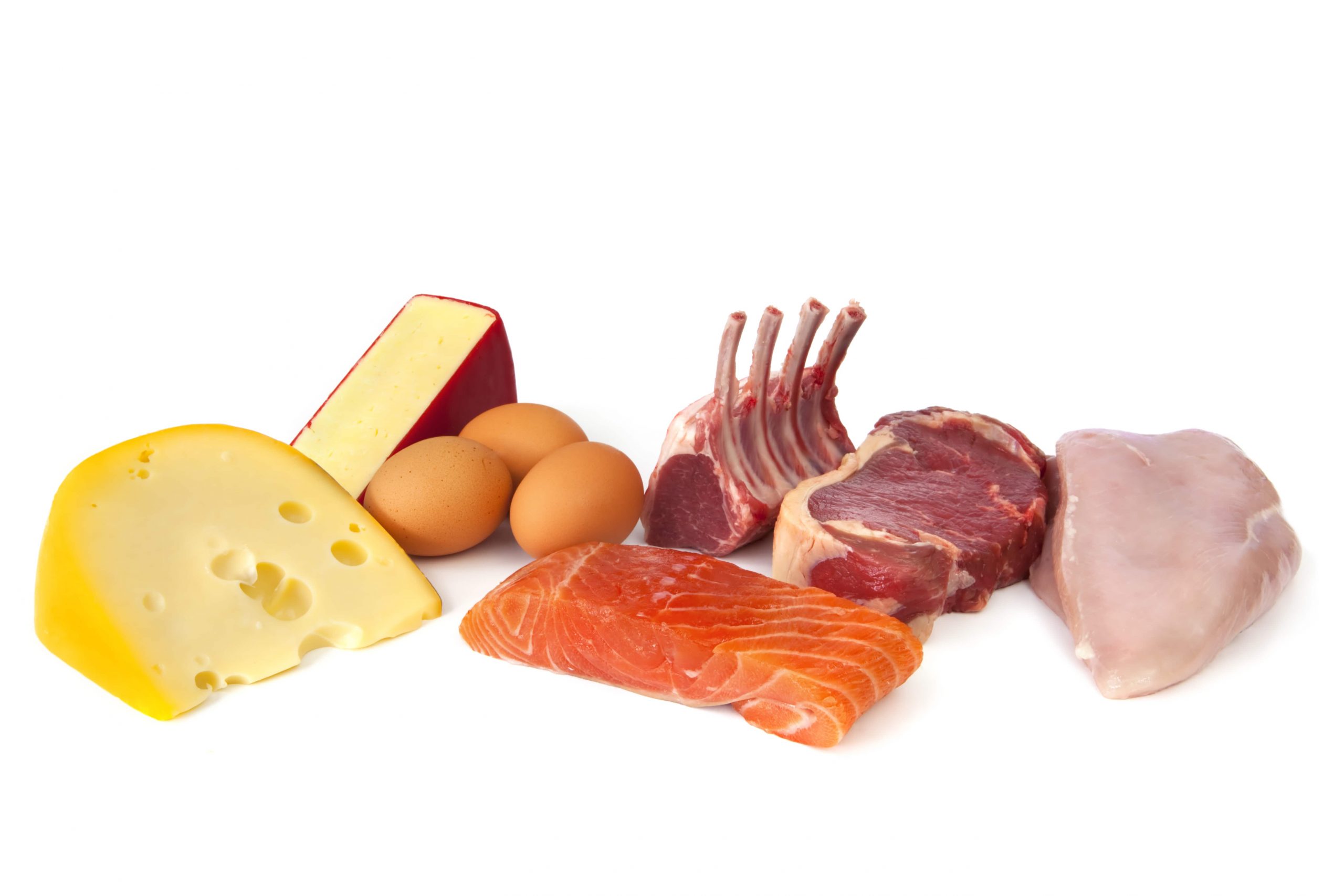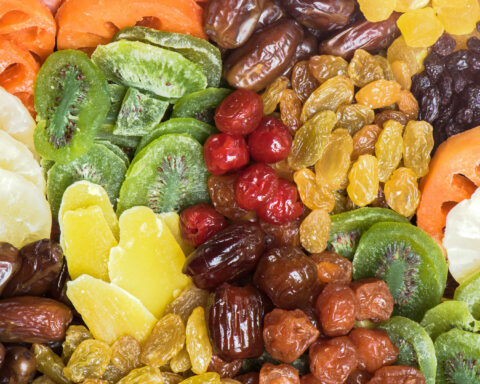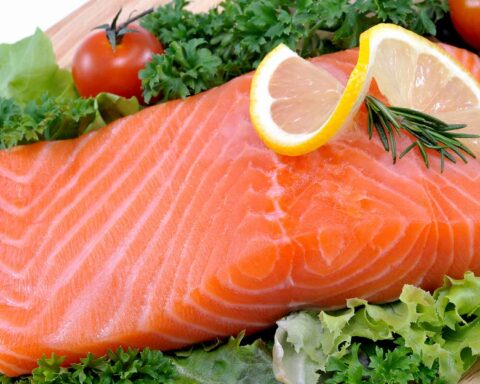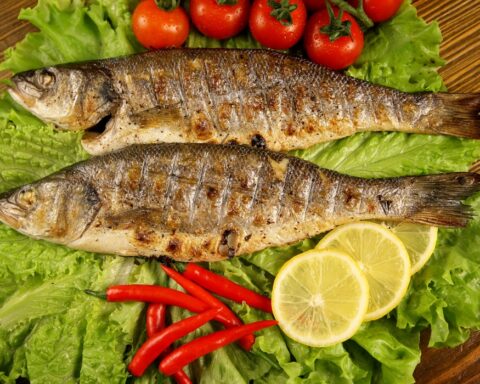For good health, you need to eat a balanced diet that contains three main macronutrients – carbs, fat, and protein. While fat and carbs have been dragged into causing health problems, protein stands out to be best for your health.
Protein has numerous functions in your body, including acting as hormones and building muscles. It would help if you got enough protein from your diet as inadequate intake may lead to diseases. The recommended daily intake of protein for an adult is 50 g in 2,000 calories a day. Protein and calorie need for every individual varies depending on sex, height, age, weight, and activity level. Of all the protein sources, animal sources provide high-quality protein, and this article will discuss lean protein foods you can add to your diet.
1. Legumes
Beans, peas, and lentils are popularly consumed legumes. They are a source of lean plant-based protein. Interestingly, their proteins are free of cholesterol. Beans and legumes also provide folate, fiber, and phytates – plant-based antioxidants that are associated with reduced risk of high blood pressure, certain types of cancer, and heart disease.
According to the United States Department of Agriculture (USDA) database, about 5 grams of fiber (equivalent to 17% of the daily value), 10 grams of protein, 160 calories, and 2 grams of fat are contained in half a cup of chickpeas. On the other hand, 10 grams of fiber (equivalent to 35% of the daily value), 11 grams of protein, 0.9 grams of fat, and 140 calories are contained in a quarter cup of lentils.
The high content of fiber and protein in legumes makes them more filling, increasing your feelings of fullness, which will help you lose weight. Fiber may also reduce blood cholesterol.
2. Turkey
Turkey is another excellent source of lean protein. According to the USDA, there are about 167 calories, 8.6 grams of fat, 2.3 grams of saturated fat, and 22.2 grams of protein in just 4 oz of ground turkey. If you don’t have chicken, turkey may be a good replacement. Apart from the stated nutrients, turkey also provides decent amounts of selenium, vitamin B2, and zinc.
3. Chicken
Per the Self Nutrition Data, 100 g of cooked chicken provides 30 g of protein, 185 calories, 1 gram of saturated fat, and 5.72 of total fat. Try to go for the breast, wings, and thighs – the white parts of chicken meat that contain lean protein. While chicken is a good source of lean protein, you should not eat the skin. Per the Self Nutrition Data, 100 grams of roasted chicken with skin contains 8 grams of fat and 200 calories. In contrast, the same amount of roasted chicken but skinless contains 3.5 g of fat and 165 calories.
4. Lean Beef
Some people may be inclined to cut off beef from their menu. Well, that may be good, but it depends on the parts of the cut you go for. As per the USDA, about 23 grams of protein, 170 calories, 3.49 grams of saturated protein, 100% of the DV for vitamin B12, 8 grams of total fat, and 15% of the DV for iron are contained in lean meat.
If you want to know if the beef you are about to buy is lean, look for such words as “loin” or “round.” These make up words like sirloin steak or tenderloin steak. Other lean parts of beef include brisket and flank steak. However, if you prefer ground beef, it will be best to go for the 95% lean. Per the Self Nutrition Data, 100 g of cooked hamburger of lean ground beef contains 26 g of protein, 3 g of saturated fat, 6.5 g of total fat, and 171 calories. On the bottom line, consuming lean beef also packs decent amounts of zinc, several B vitamins, and selenium.
5. Low-Fat Milk
Low-fat milk is another cheap and great source of protein. It is also versatile as you can add your milk to cereal, drink it, or cook with it. Per the Self Nutrition Data, 240 ml of low-fat milk (1 percent milkfat) contains 100 calories, 8 g of protein, and 2,5 g of fat. In contrast, the same serving of whole milk (3.25 percent of milkfat) contains 8 g of fat and 150 calories. Going for low-fat milk is not only a good choice for good health, but also it spares you of calories and fats. Consumption of whole milk has been linked to an increased risk of prostate cancer.
6. Egg White
Eating the whole egg packs cholesterol and all the essential nutrients your body may need and is part of a healthy diet. However, egg white provides lean protein. Per the USDA, one large whole egg contains 6,24 grams of protein, 74.4 calories, 1.61 grams of saturated fats, and 5.01 grams of total fat. In comparison, one large egg white contains 0.05 grams of total fat, of which there is no saturated fat, 3.6 grams of protein, and 17 calories only.
Consumption of eggs has met controversies as they naturally contain high amounts of cholesterol. This increases your risk of heart disease. On the other hand, they contain lutein and zeaxanthin – carotenoid antioxidants which may help prevent eye problems like macular degeneration.
7. Liver
The liver is one of the organ meats you can add to your diet. They are also a good source of lean protein, vitamins, and other beneficial nutrients. According to the USDA, about 19.1 grams of protein, 134 calories, 54 grams of fat of which 1.8 grams are saturated fat, 55% of the daily value for iron, 413% of the daily value for vitamin A, and 27% of the daily value for zinc. Vitamin A is essential for the health of your eyes.
8. Tofu
Tofu is a good protein alternative for those who don’t like animal foods. As per the Self Nutrition Data, 85 g of lite tofu contains 7 g of protein (with all the essential amino acids), 45 calories, and 1.5 g of fat.
Conclusion
Protein is an important part of a healthy and balanced diet. You need protein for the building of muscles and hormonal functions. Many varieties of foods provide lean protein, including liver and egg white. It would be best to get a little fussy when choosing lean protein foods, as many foods containing protein are loaded with calories and fat.
- How the Pec Deck Works Your Chest - April 19, 2024
- Homemade Eye Drops: Risks, Benefits, and More - April 19, 2024
- SMART TOOTHPICKS COMPANY - July 29, 2023









